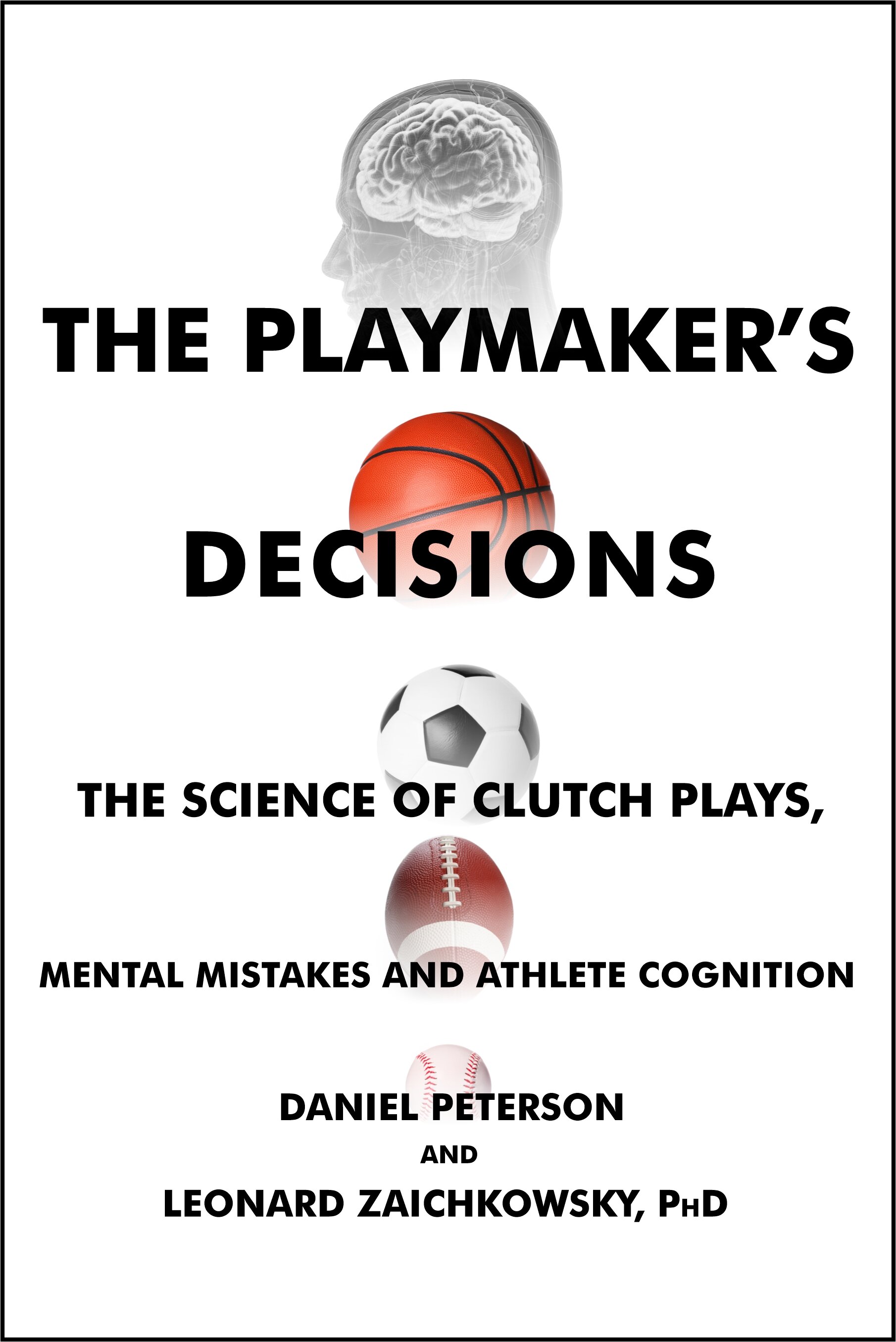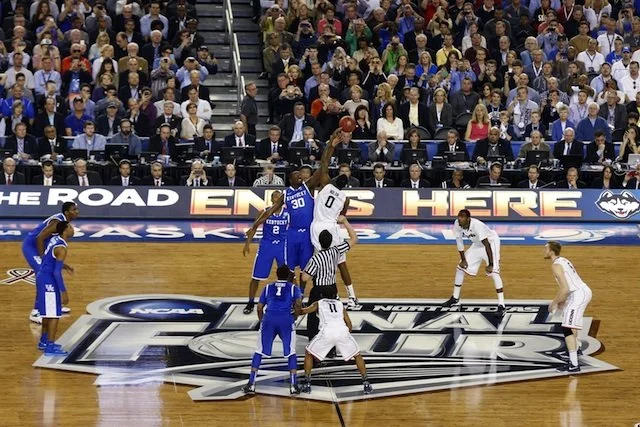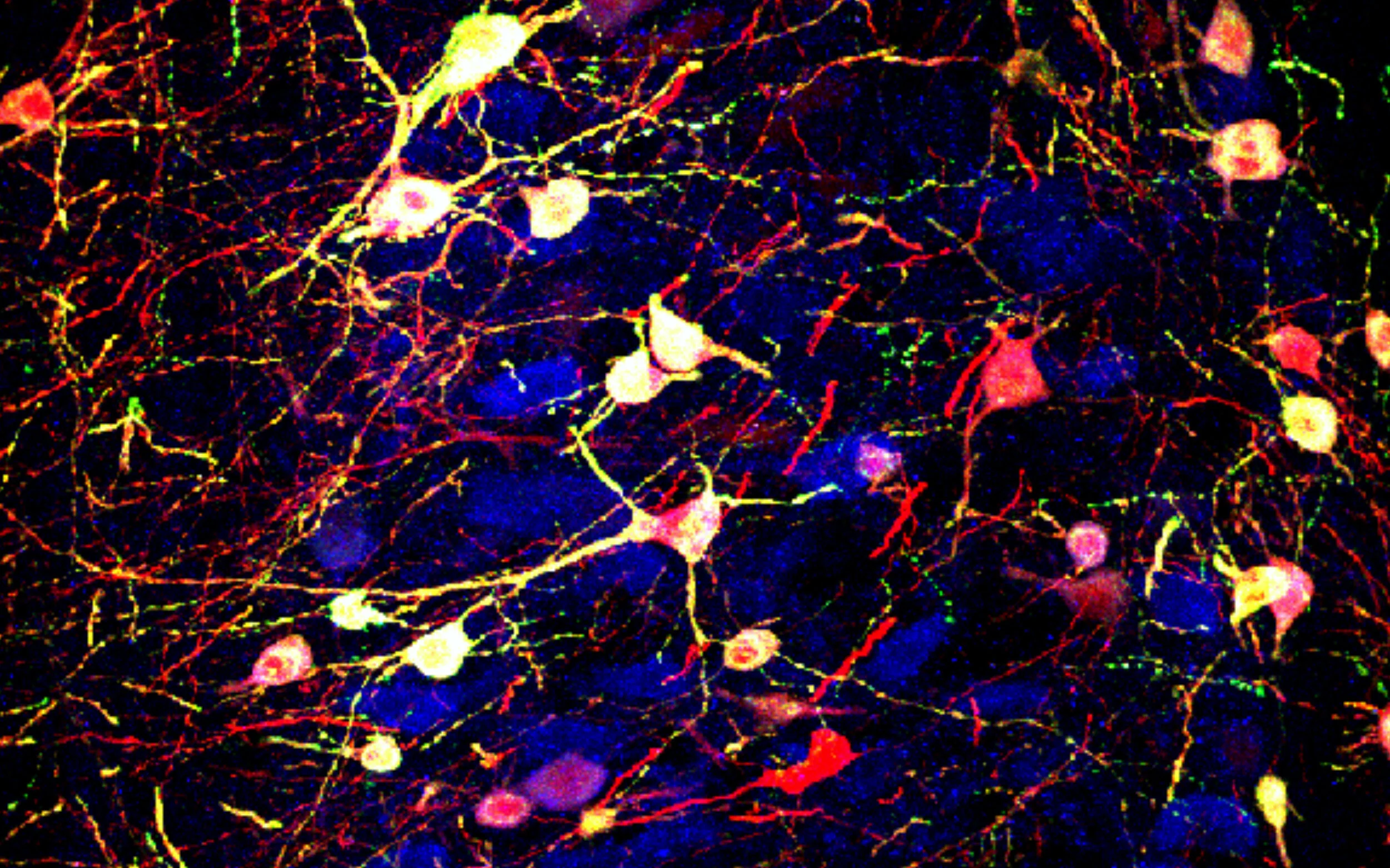Sleep - The Next Best Thing To Practice
/
As usual, Mom was right. Her advice to get to bed early is being confirmed by human performance researchers, sleep specialists and sports medicine doctors. Kids, especially young athletes, need more sleep.
While common sense tells us that a lack of shut-eye will cause children to be grumpy from a lack of energy, new knowledge about the brain details how sleep affects not only their physiological functions but also their ability to learn new skills.
The more well-known sleep state known as REM (Rapid Eye Movement) is the dreammaker that tries to put our day’s activities into the context of our existing memories. But first, our brain enters a deeper phase known as “slow-wave” sleep where embryonic neural networks solidify the new motor skills and knowledge learned earlier.
In an experiment last year, Masako Tamaki, a postdoctoral neuroscience researcher at Brown University, tried to pinpoint where in the brain these changes happen. "We were trying to figure out which part of the brain is doing what during sleep, independent of what goes on during wakefulness,” Tamaki explained. “We were trying to figure out the specific role of sleep."
They recruited 15 volunteers to learn a complicated keyboard sequence, similar to a piano piece. Baseline sleep habits and data were captured for three nights prior to the start of the training. Nine of the test subjects were taught the new keyboard motor skill then allowed to take a 3 hour nap, while the other six volunteers learned the new task but were required to stay awake. Both groups were then tested again on what they learned.
Letting the first group sleep on it gave their brains a chance to set the new skill in place, ready for better recall. They performed significantly better on the keyboard test than those that stayed awake.
Captured with magnetoencephalography (MEG), which measures the brain’s oscillations with precise timing, and polysomnography (PSG), which keeps track of sleep phase, the volunteers’ brain activity also revealed an interesting twist. Researchers found learning “spindles” in the supplementary motor area, located near the primary motor cortex. New neuronal connections there seemed to be the storage area for the latest skill memory.
“It's an intensive activity for the brain to consolidate learning and so the brain may benefit from sleep perhaps because more energy is available or because distractions and new inputs are fewer,” said Tamaki.
The study was published in theJournal of Neuroscience.
Athletes at all levels are beginning to appreciate the power of sleep. In a fascinating profile in The Atlantic, Dr. Charles Czeisler, Director of the Division of Sleep Medicine at Harvard University and a sleep consultant to multiple NBA and NHL teams, explains what happens when athletes don’t get the entire recommended total of 7-9 hours of sleep per night.
“If you lop off the last two hours of the night, you’re missing most of the REM time of sleep that you would have,” Czeisler explained. “Sleep plays such a big role in learning and memory, it’s a simple way to have an edge and be able to perform at your best.”
He recommends to coaches and parents that the night of sleep after, not before, an intense training or game is the most important to long-term skill development. “Interestingly, if you don’t sleep the night after training, then even if you sleep the next night or the next night, you never learn.”
So, kids, listen to Mom and get to bed on-time. And, Mom, its OK if they sleep a little later in the morning.
Organize your team with:












